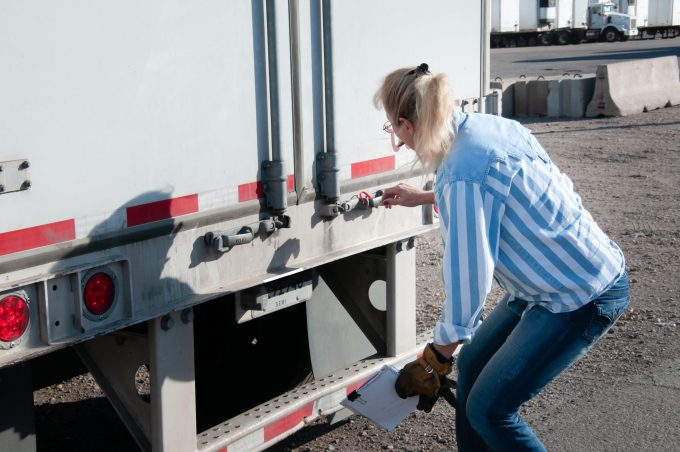The rising role of organised crime as cargo thefts and losses rocket
The number of cargo thefts in North America rose by 27% last year. Data from freight ...

Now accounting for a third of all hijacking incidents, food is the commodity most at risk of theft in the global supply chain.
The British Standards Institution (BSI) found that last year, food theft in the supply chain increased by 29% over 2022 levels.
With the global ...
Keep our news independent, by supporting The Loadstar
Red Sea crisis has driven most new capacity into extended Asia-Europe trades
Rapid transpacific capacity build-up continues – can USWC ports handle it?
Crew forced to abandon ship in latest fire on vessel carrying EVs
The Loadstar Podcast | Transport Logistic and Air Cargo Europe 2025
Carrier price hikes hold, driving spot rates higher as space gets scarcer
Carriers on the hunt for open tonnage again as transpacific rates soar
Uncertainty drives Yang Ming fleet boost as focus switches to Asia-Europe trades
Asia-West Africa ULCV deployment opens new markets for carriers
Project cargo: oversized and heavy, posing risks outside the norm for ports
Turkish Airlines falls foul of air safety regulations, claims India's aviation authority
CMA CGM eyeing multi-billion euro investment programme in Algeria
News in Brief Podcast | Week 22 | Trump’s tariff hurdle, ocean schedule reliability, and rate rise
Air cargo players still wary of long-term block space deals – 'a risk on both sides'
Geely splashes out to meet growing demand by chartering its own car-carrier

Comment on this article